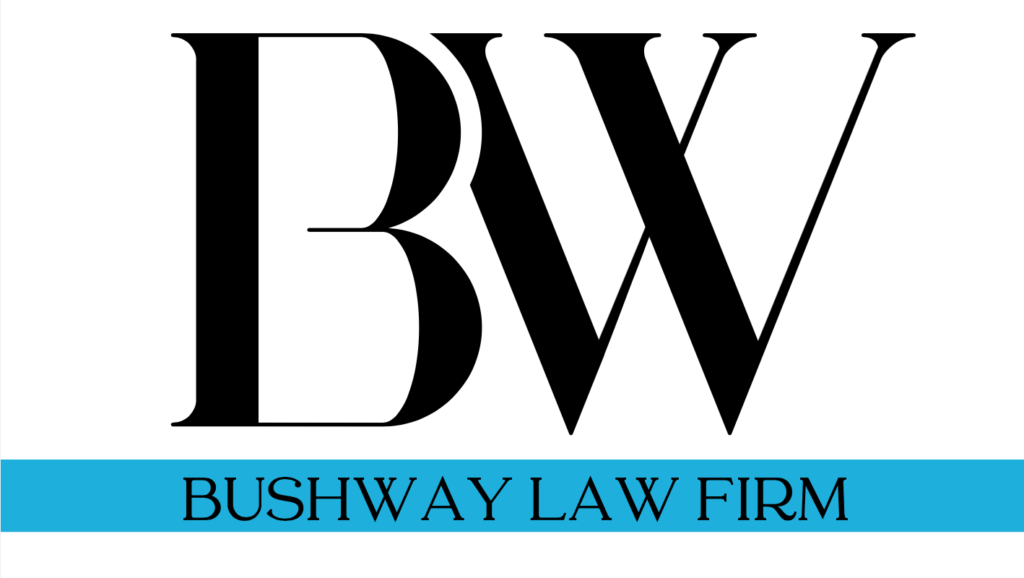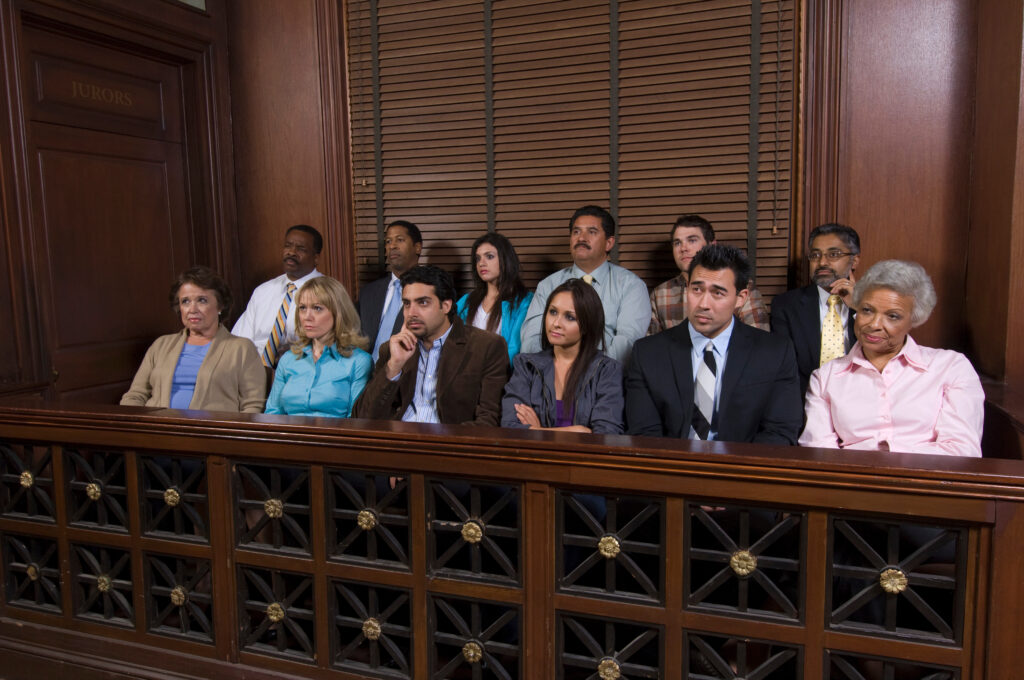In last month’s article, we discussed indictments and the process by which a grand jury determines whether adequate probable cause exists to hold a particular case over for trial. The grand jury and indictment process helps protect both citizens and the courts from frivolous, predatorial, or inadequately prepared prosecutions.
Once an indictment has been handed down, the case moves from the “investigation” phase to the “prosecution” phase, and the prosecutors will begin preparing for arraignment, pretrial motions, and the eventual trial. They may also work with the defendant and their legal counsel to reach a plea agreement.
This month, we will take a look at what happens after an indictment, how a case progresses from indictment to trial, and why defendants need a dedicated criminal attorney by their side through every step of the process.
First Step After an Indictment: Initial Appearance / Arraignment
After a felony indictment has been handed down, the next step will be an initial appearance or an arraignment, depending on the nature of the case. Regardless of which proceeding takes place, the defendant will appear before a judge and hear the charges against them. They will also be informed of their Constitutional right to counsel, be given an opportunity to request a public defender, and if bail has not already been set, it may be set at this time.
If this proceeding is an arraignment, the judge will also hear the defendant’s plea at this appearance.
At any point during or after the initial appearance, the entire process may be stopped by a successful plea deal. Most criminal cases – some estimates range as high as 90% – end with a plea agreement.
Second Step After an Indictment: Bail and Pretrial Release
If bail has been set, the defendant can choose to pay the bail directly, enlist the help of a licensed bail bonding agent to secure a pretrial release from jail. If the defendant is denied bail or cannot come up with the funds or secure a bond, they will have to wait in jail until their case is resolved.
Pretrial release will come with some conditions that the defendant is expected to adhere to:
- First and foremost, they must return to court for their scheduled appearances. Failure to appear will lead to forfeiture of bail/bond and a warrant will be issued for the defendant’s arrest.
- In some cases, the defendant will have to surrender assets or property to secure a bond.
- There may be restrictions on travel, such as house arrest or being required to remain within the local jurisdiction where the offense occurred.
- Finally, some situations may require the defendant to submit to electronic monitoring with a GPS-enabled ankle monitor.
Third Step After an Indictment: Discovery and Pretrial Motions
Discovery
Those dramatic scenes in courtroom TV shows when the prosecution or defense is caught completely off-guard by some shocking revelation or disturbing new evidence are not typically a part of real-life legal proceedings. Both the prosecution and the defense in a criminal case are required to exchange information about the case, in order to allow defense counsel to better prepare their client’s defense and to permit both sides to determine whether the case can be settled by plea agreement.
Interestingly, there is no Constitutional right to discovery. In Georgia, discovery rules only apply if the defendant makes a written request to the court requesting that the rules be applied. The defendant’s legal counsel can help them prepare and submit the request at the right time.
During discovery, the two parties will exchange information such as:
- Lists of witnesses who may be called to give testimony in the case
- Copies of witness statements that may be admitted into evidence
- Identities of any alibis the defendant may rely on in court
- Documents and photographs of physical evidence
Pretrial Motions
While discovery is ongoing, both sides may also be preparing and filing pretrial motions. From the defense’s side of the case, some of the most common motions include:
- Motion to Dismiss – These motions request that one or more of the charges against a defendant be dropped, usually citing insufficient evidence or evidence collected inappropriately.
- Motion to Suppress – With a motion to suppress, the defense attempts to prevent one or more pieces of evidence being presented at trial.
- Motion for Change of Venue – These motions are usually brought by the defense in an attempt to relocate the trial to a different court, and usually relies on the argument that the case has received so much publicity in a particular area that empaneling an unbiased jury will be difficult or impossible.
Once discovery has been completed and all pretrial motions have been resolved, the case is ready for trial.
Final Step After an Indictment: Trial
Trial is the final step in a criminal prosecution. If the defendant and prosecution have not been able to settle on a plea agreement, the case will be heard in a courtroom before a jury. Both sides will present evidence, examine witnesses, and make arguments, and the jury will ultimately decide on the defendant’s guilt or innocence. If the defendant is acquitted, the prosecution ends and the defendant is free to go. If the defendant is convicted, the case enters the sentencing phase and the judge or jury will decide what penalties the defendant will face.
Why You Need a Defense Attorney After an Indictment
If you are facing an indictment on state or federal criminal charges, you will need guidance and counsel throughout the coming weeks and months. Even at your arraignment, a skilled defense lawyer will be able to provide you helpful advice on the proceedings, help you determine how to plead, and help you understand what is happening.
As the case proceeds, your counsel will become more valuable as the complexity of proceedings, filings, and discovery only become more complex as the case goes on. They will be able to negotiate with prosecutors to help arrive at a successful plea agreement or get your charges dropped completely. And, if your case goes to trial, they will manage your defense and make the best argument possible on your behalf.
Have You Been Indicted in Macon, Georgia? Call Bushway Law Firm: 478-621-4995.
Gregory Bushway is a former prosecutor who has successfully served as a criminal defense attorney in Macon, Georgia, since 2013. He knows the state and federal court systems and has helped hundreds of defendants reach successful outcomes for their cases. Tell us about your case today: 478-621-4995
Related Articles:



